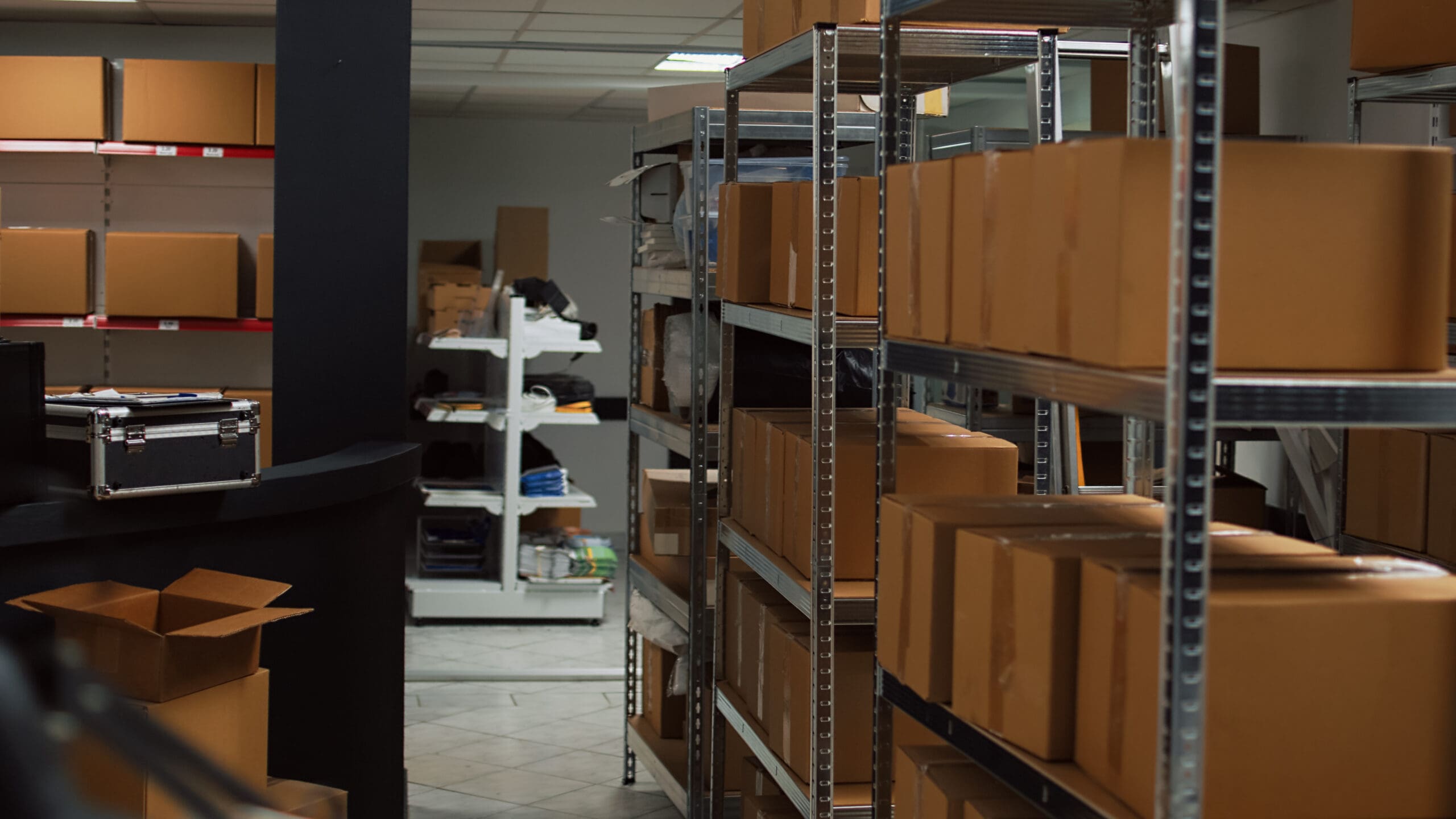In today’s economy, it can be tough for startup businesses to get the financing they need to get off the ground. Traditional lenders are often hesitant to loan money to new businesses with no track record. However, with the rise of startups that are changing the world, more and more avenues are becoming available for startups to secure financing. One being inventory financing or funding. Keep reading to learn more about inventory financing for startups.
What is inventory financing for startups?
Inventory financing is a type of funding that allows startups to purchase inventory without having to front the full cost. This can be a useful tool for companies that are growing quickly and need to keep up with customer demand, but don’t have the cash on hand to do so.
There are a few different ways to finance inventory, but the most common is through a line of credit. This allows startups to borrow money as needed and only pay interest on the portion of the line that they use. Inventory financing can be a valuable tool for startups, but it’s important to understand the risks involved before taking on this type of debt.
Why startups seek inventory financing
Startups often have a lot of difficulty securing financing because they don’t have any collateral to offer lenders. Inventory financing is one option that can be helpful for startups because it allows them to use their inventory as collateral.
This type of financing is often easier to obtain than other types of loans, and it can provide the startup with the capital it needs to grow. However, it’s important to remember that inventory financing comes with some risks.
If the startup is unable to sell its inventory, it may end up defaulting on the loan. As a result, startups need to carefully consider whether inventory financing is right for them before making any decisions.
Top benefits of inventory financing for startups
While there are some costs associated with this type of financing, such as interest and fees, the benefits can far outweigh the costs for many businesses. As a result, inventory financing can be an essential tool for startup businesses.
Inventory financing allows you to keep your startup business fully stocked
This type of financing allows you to keep your business fully stocked, which is essential for keeping customers happy and generating revenue.
Potential lifeline especially for seasonal startup based businesses
Inventory financing can be a lifesaver for startups, especially those that are seasonal or have been denied for a traditional loan.
In short, it can give your startup the boost it needs to get off the ground and become successful. By making it easier to obtain the inventory you need, inventory financing can help you avoid the pitfalls that often plague new businesses.
Startups that have previously been denied for a traditional loan may qualify for inventory financing instead
Many startups are denied for traditional loans because they lack the necessary collateral. However, these businesses may still be able to qualify for inventory financing. This type of financing allows businesses to use their inventory as collateral for a loan.
As a result, businesses can access the funding they need to purchase additional inventory or invest in other areas of their business. Inventory financing can be a great alternative for startups that have been denied for a traditional loan. It can help them to grow their business and reach their full potential.
Better access to working capital
With inventory financing, businesses can access the working capital they need to purchase inventory, without having to tie up other business assets as collateral. This type of financing can be particularly helpful for businesses that have seasonal inventory needs or those that are expanding their product offerings.
In addition, inventory financing can help businesses smooth out cash flow fluctuations and free up working capital for other purposes.
How much can startups borrow towards inventory financing?
Startups can often have a difficult time securing financing, as they typically have little to no collateral and are considered high-risk by lenders. Inventory financing can be one option for startups looking to finance their business. This type of financing allows businesses to borrow money against the value of their inventory, using it as collateral. The amount that startups can borrow towards inventory financing will depend on the appraised value of their inventory and the lender’s policies. In most cases, inventory financing will only allow startups to borrow 70%-80% of the appraised value. For startups, this may not be enough funding. Oftentimes, startups struggle to afford inventory financing as well. For these reasons and more, startups often pursue alternative types of inventory funding.
Is inventory financing for startups worth it?
Startups face many challenges when it comes to financing. They may not have the credit history or collateral required to qualify for a traditional loan, and they may not yet be generating enough revenue to fund their operations through cash flow. Inventory financing can be a viable option for startups that are struggling to secure funding.
With this type of financing, businesses use their inventory as collateral for a loan. This can provide them with much-needed working capital to invest in new inventory, expand their operations, or cover other expenses.
However, it’s important to note that inventory financing can be risky. If a startup is unable to sell its inventory, it may struggle to repay the loan and could even default on the loan. As a result, startups should carefully consider whether inventory financing is right for them before moving forward.
What is the best way startups can finance inventory?
Startups face a unique challenge when it comes to financing inventory.
On the one hand, they often have difficulty accessing traditional forms of credit, such as bank loans. On the other hand, they may not have the capital necessary to purchase inventory outright. As a result, many startups are forced to look for alternative financing options.
One option is to use credit cards. This can be an effective way to finance inventory, but it can also be expensive.
Another option is to seek out investors. This can provide the startup with the capital necessary to purchase inventory, but it can also be a high-risk proposition. The best way to finance inventory will vary from startup to startup, depending on the circumstances. In most cases though the answer for getting the working capital needed to purchase inventory will be Kickfurther.
How Kickfurther can help
Startups face a lot of challenges when it comes to financing their operations. One of the most difficult tasks is often securing enough funding to purchase inventory. This is where Kickfurther can help. Kickfurther is the world’s first online inventory funding platform that enables companies to access funds that they are unable to acquire through traditional sources. For companies that sell physical products or non-perishable consumables and have revenue between $150k to $15mm over the last 12 months, Kickfurther can help. We connect brands to a community of backers who help fund inventory on consignment and give brands flexibility to pay that back as they receive cash from sales.
With Kickfurther you can fund millions of dollars worth of inventory at costs of up to 30% lower than the competition. It gets better though – you don’t pay until you start making sales. You’ll truly have the opportunity to create a payment schedule that works for your business. You’ll outline expected sales periods to create customized payment terms. With more than $100 million in inventory funded to date, Kickfurther can help you get funded within a day or even minutes to hours.
Interested in getting funded on Kickfurther? Create a free business account, complete the online application, review deals, and get funded in as little as minutes!









